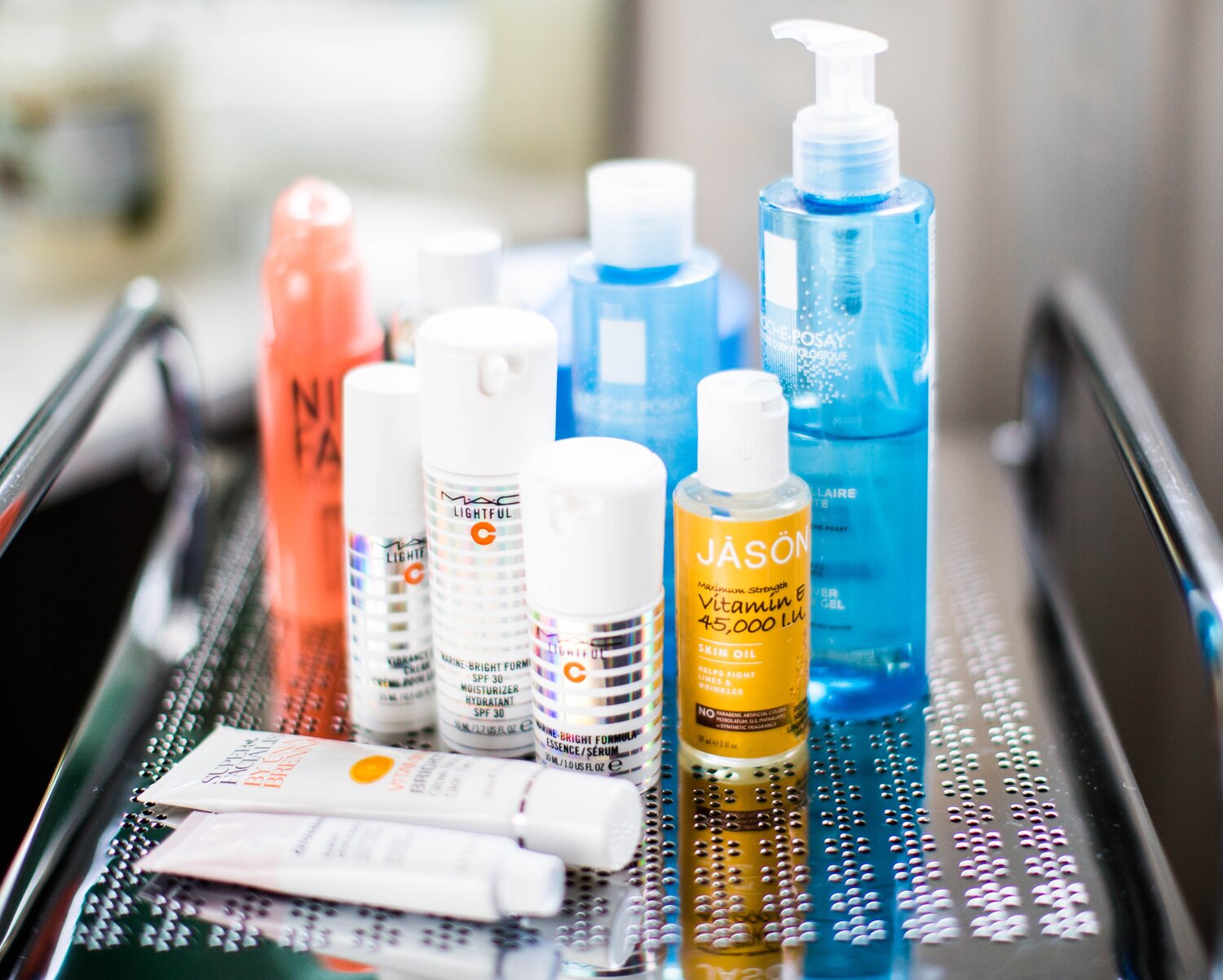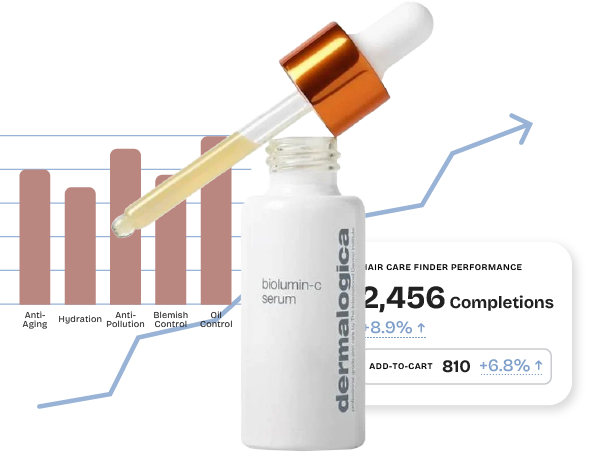Debunking 6 Skincare Trends

Product category
Author
Skin care is a concept that can be open to interpretation, its why there are so many brands with a wide variety of products for a wide variety of skin types. Based on this is one of the top reasons why personalised skincare and transparency of ingredients is and will always be so important. If more brands embraced personalisation and ingredient transparency, more consumers woulds be wasting their time on skincare trends that waste money and put their skin at risk for adverse effects of the trends.
An AI skin advisor is a digital solution offered by Skin Match Technology which enables brands to provide their customers with transparency and personalisation by showing them products that are meant for their skin only. That being said, this doesnt prevent tik tok or any social media from spreading a wide range of skincare trends that consumers, who dont know any better, to try these trends willingly. Lets debunk some of these trends and explain how an AI skin advisor could solve this.
1. Water is good for your Skin
Don’t get us wrong, please keep drinking water, its extremely benificial for your health, but does it really affect your skin? Maybe to some, but water is not responsible for hydrating your skin, Hyaluronic acid is. On a molecular level Hyaluronic acid has Hydrogen and Oxygen with the addition of carbon and nitrogen, it hydrates the skin by pulling moisture from the atmosphere and absorbs it into the skin.
2. What about all these facial massages?
The thought here is that using the muscles in the face more will strengthen, or tighten the face’s appearance. This is only partially correct. The wrinkles you already have are for the most part permanent. Any repetitive stretching of the skin is likely to create new wrinkles. Save your time and just get that botox or filler, there are too many misconceptions.
3. “Dermatologist Tested” Makes a Product Trustworthy
“Dermatologist Tested” is not an official certification, it’s just a marketing slogan. Legally, this should mean that at least one dermatologist did test the product, it doesn’t mean the FDA, the American Academy of Dermatology, or any other organization endorses the product. Be wary of this claim if you can’t identify the source of the endorsement.
4. SPF Protection is All the Same
Many products (not just sunscreen) have SPF protection. However, not all products protect for both UVA and UVB rays. Many make-up products for example, offer only protection for UVA. If you’re going to be in the sun, make sure any exposed area is protected from both types of damaging rays.
5. Natural, botanical skincare products are better for your skin.
Natural-based skincare products are often unregulated and tend to contain botanicals and essential oils that can lead to significant allergic contact dermatitis in some people.
6. Toners are a necessary part of an acne skin care regimen.
Historically, toners were often formulated with alcohols, which produce drying effects that compromise the skin and cause free-radical damage. Toners that contain alpha and beta hydroxy acids can work to exfoliate the skin and potentially minimize acne breakouts, but these ingredients are often already included in acne washes
We know its tempting for brands to give into these trends that they see consumers flocking to, but we’d urge brands to remain true to their offering and brand identity. Rather opt for AI skin advisors that guide your customers to the correct products within your brand. This way, you build the customers trust, its better to invest in an AI skin advisor as a long-term solution instead of wasting a couple hundreds or even thousands of quick fix ad campaigns just to incorporate the latest trend into your brand when it may not even resonate with your brand.



